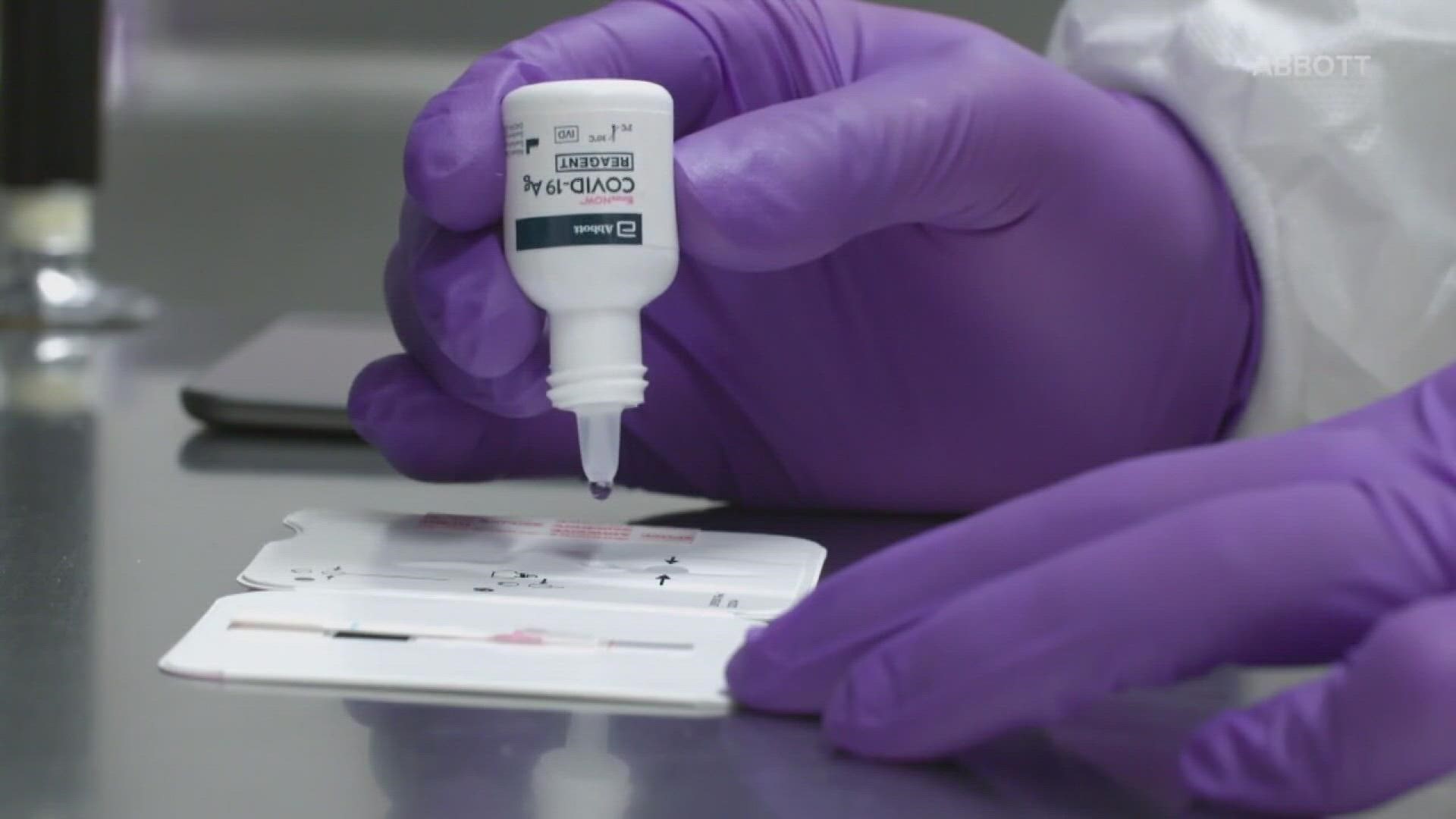MAINE, USA — The pandemic is being credited for fueling a spike in jobs in Maine's life science sector over the last five years.
The Bioscience Association of Maine said 1,600 jobs were added between 2020 and 2021 alone, with many companies responding to a huge demand for tests and devices to diagnose COVID-19.
The association's recent report cited more than 9,500 jobs at nearly 500 businesses—growth that is outpacing all of New England, including Massachusetts.
"We have seen a 42 percent increase in the past five years and a 48 percent increase over the past ten years," Agnieszka Carpenter, executive director of the Bioscience Association of Maine, explained.
During the pandemic, life science businesses including Puritan and Abbott ramped up production to make COVID-19 tests and test swabs. IDEXX, Maine's largest life science employer, added hundreds of new jobs unrelated to the pandemic. Carpenter said more remote opportunities could keep the momentum going.
"I think we are pretty well-positioned to attract start-up companies here," Carpenter added — a position that is drawing talented entrepreneurs back home.
"We are both originally from Maine we wanted to be in Maine," Owen McCarthy, the co-founder of digital health startup MedRhythms said.
UMaine alumni McCarthy and Brian Harris moved their company from Boston to Portland six years ago. The company has developed a software medical device to help stroke patients improve their mobility.
Patients attach sensors to their shoes, don a headset, and exercise listening to acoustic rhythms or music, trying to match their footsteps to improve their stride over time.
"They would feel they are listening to music, and in the background, the rhythm is changing and we are adding things to help improve their walking," McCarthy explained.
The digital therapeutic, which is not yet approved by the Food and Drug Administration, would require a prescription but allow patients to improve their walking at home. The company has grown to 40 employees and McCarthy said Maine is continuing to draw more skilled workers from Boston and other metropolitan areas.
"This talent is just seeping around the area and that will create things, and people will set up offices," McCarthy said enthusiastically.
MedRhythms will be conducting research with individuals who have multiple sclerosis in the near future. Anyone with MS who wants to get involved can contact MedRhythms directly at hello@medrhythms.com or fill out the "Contact Us" form on the company's website.

